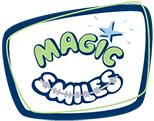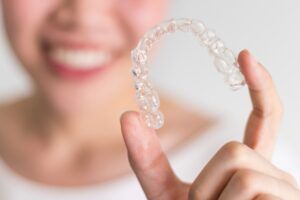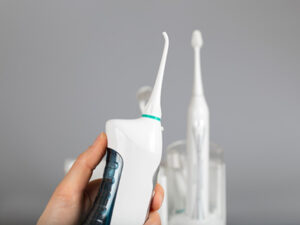
Dr. Phil Doleac has been an orthodontist for more than 30 years
Dr. Phil Doleac has been an orthodontist for more than 30 years and has created thousands of beautiful smiles in the Beaverton, Portland, and Scappoose, OR communities! Patients of all ages have come to trust Dr. Doleac and our team with their smiles, as well as their self-esteem! Call us today to schedule your complimentary consultation and start the road to your #magicsmile! #magicsmiles #orthodontics #bestpatientsever #braces #invisalign #newsmile About Orthodontics Beaverton Portland Scappoose OR | Magic Smiles https://magic-smiles.com/about-orthodontics




